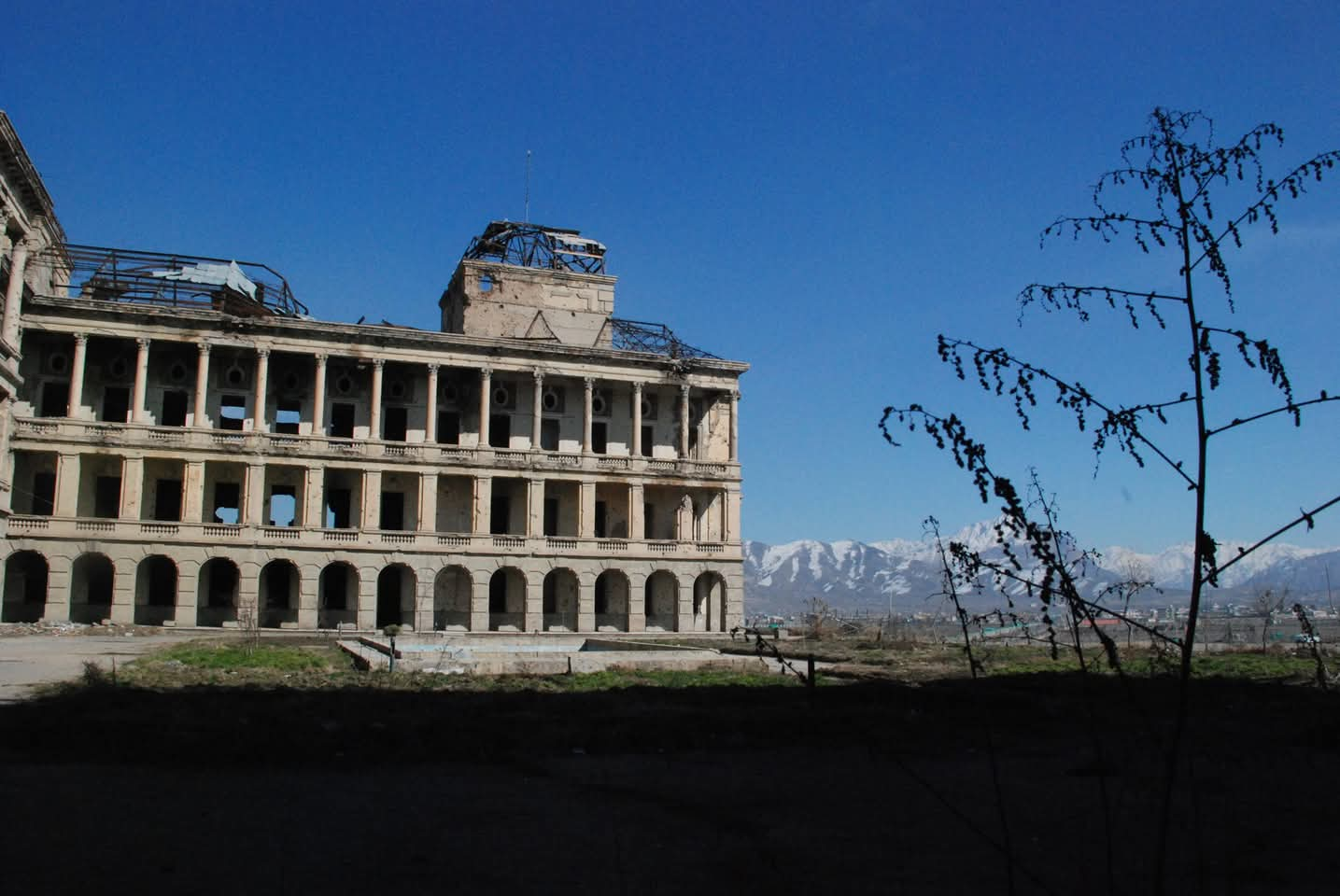An Unanswered Call
When I first set foot in Kabul to explore the feasibility of conducting my PhD research in 2011, I encountered a reality that left an indelible mark. Two small school administrators, burdened by financial pressures, approached me with the same question: "Would you like to take over our schools?" They could no longer sustain their operations. At that time, I was a doctoral student, albeit with a decade of teaching experience, but lacked the resources and operational knowledge to say yes. Yet in my observations of other international NGOs offering educational classes, I also saw one thriving even during the harsh winter months. I was deeply impressed with the Afghan Mobile Mini Circus for Children that taught children a variety of subjects beyond performance, circus, or gymnastics (read earlier post here). Their success was a testament to the power of creativity and the importance of consistent funding, both of which are critical in enabling programmes to not only survive but thrive.
A Denied Dream
In 2012, another moment shaped my resolve. Fauziah (not her real name), my colleague at the Afghan NGO I was working for, had her dreams of completing her studies at Kabul University crushed. Our boss refused to accommodate her request to leave work earlier for her final semester, bellowing, "If everyone leaves the office like her, then who is going to work for me. If she steps out of the office, tell her never to come back." It was more than an administrative decision — it was a denial of her right to learn. Watching her dreams shatter highlighted the gendered barriers on access to education, a reality that is all too common in Afghanistan.
The Bigger Problem: Teachers, Not Just Students
Over the years, global headlines have rightly focused on girls being barred from classrooms under the current regime. But beneath the surface lies an equally pressing issue: the lack of teachers, especially those who are properly trained. In 2024, when I returned to Kabul for a visit, a friend told me that many teachers today had failed to gain entry into their undergraduate programme of choice because they did not fare well in their national examinations, the kankor. As a result, they ended up teaching — a job they probably did not enjoy, but took on for survival. Yet, the paradox is this: They likely do not even have expertise in the subjects they teach. They teach unwillingly, imparting incomplete and, perhaps, incorrect knowledge. This creates a vicious cycle where poor teaching quality further limits the already scarce educational opportunities for Afghan children, both boys and girls.
A Vision for Change
These experiences have convinced me that the key to rebuilding Afghanistan’s education system lies in investing in its teachers. Of my 25 years in teaching, at least 16 years have been dedicated to teacher education in Singapore — first at the National Institute of Education (NIE), then LASALLE College, University of the Arts Singapore. I am biased, but I believe the Singapore teacher training model may be highly useful for Afghanistan. In fact, I (together with a team of international consultants) had conducted an earlier research study funded by Asian Development Bank (ADB), examining the policies and best practices of pre-service and in-service teacher education in Singapore, Finland, Sri Lanka and Uzbekistan, and provided training for their government officials in Sri Lanka and Uzbekistan.
Thus, a teacher training institute can serve as a cornerstone for change, equipping educators with modern pedagogical skills while fostering a new generation of learners. Trained teachers don’t just teach; they become community leaders, mentors, and change-makers in their own right.
Establishing a teacher training institute is not merely a reaction to past injustices; it is a proactive step towards building an equitable and sustainable education system. It is about creating opportunities for Afghan educators to transform their villages, their cities, and, ultimately, their country.
Afghanistan deserves more than just classrooms filled with students; it deserves classrooms led by teachers who inspire a love of learning.
It is time to focus on those who hold the key to unlocking the nation’s potential: its teachers.

Comments are closed!